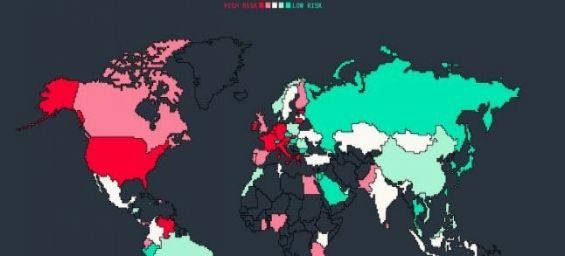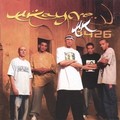Bloomberg L.P a privately held financial software, data and media company published on April a global risk briefing map that puts Morocco among the low risk countries in the world. The briefing is based upon the 12th edition of the Global Risk report that was released on the 11th of January 2017. The annual report published by the World Economic Forum indicates the changes that are occurring in the global risks landscape.
According to the global risk map provided by Bloomberg, Morocco is a low risk country based on four main indicators namely Reserves Stockpiles, Unemployment, Inflation and Currency Volatility. Morocco is in a good position when it comes to reserves, 17.4% of the country's GDP represents the amount foreign exchange reserves the kingdom possesses. For inflation, which stands for the sustained increase in the general price level of goods and services; Morocco remains average compared to its peers with 2%.
5.4% is the percentage of Morocco’s currency volatility compared to the US dollar over a three-month period. The North African country remains low risk according to the indicator that shows that the Moroccan dirham has been stable as a currency in comparison to other countries.
When it comes to the unemployment index, Morocco is rated high risk with 10.4%. In accordance to Bloomberg L.P, unemployment can affect negatively the health of a country’s economy and «long-term high unemployment levels eventually lead to less spending power among consumers, lower tax revenues for government and possible social unrest.»
In comparison with other countries that are featured in Bloomberg's global risk map, Tunisia is considered average risk with high risk results in unemployment and inflation. On the other hand the United States of America is also considered high risk in some aspects due to their low foreign exchange and gold reserves.
For the record, Bloomberg, founded by former New York City mayor Michael Bloomberg in 1981, is a platform that provides financial software tools, analytical data and news for financial companies and organizations.




 chargement...
chargement...












